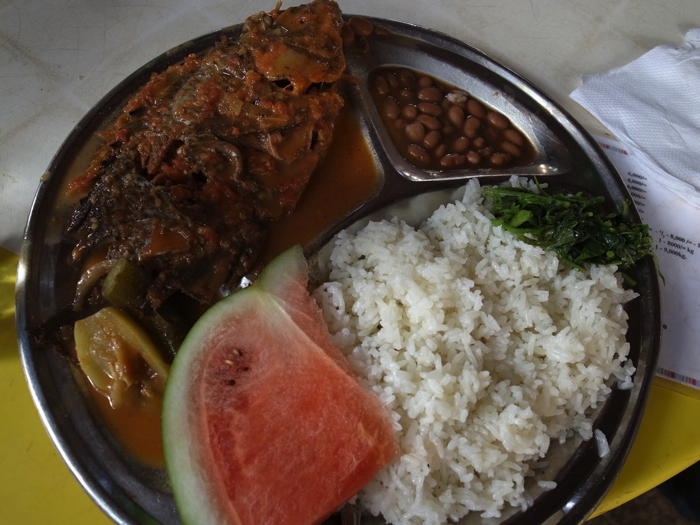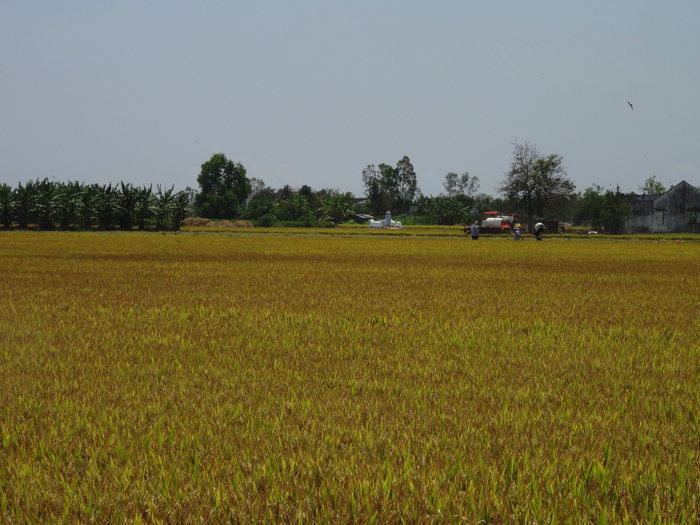- Project Leader : Miyata Toshiyuki (Tokyo University of Foreign Studies, Graduate School of Global Studies)
- Collaborators : Sakai Makiko (Tokyo University of Foreign Studies, Graduate School of Global Studies)
- : Takahashi Rui (Tokai University, Faculty of Political Economy)
- : Kobayashi Satoru (Kyoto University, Center for Southeast Asian Studies)
- : Pannee Bualek (Chandrakasem Rajabhat University, Research and Development Institute)
Outline of Research
International food security is becoming more and more important due to the serious downturn of the world economy caused by the spread of Covid-19. In order to realize international food security, it is necessary to improve both food production and trade. This study focuses on rice exports from mainland Southeast Asia to Africa in the context of international food security, conducting a comparative analysis of exports from Thailand, Vietnam, and Cambodia. Through this analysis, the study will elucidate the current conditions of and challenges to international food security, with a focus on international food trade.
Description
The purpose of this study is to examine the development of rice exports from mainland Southeast Asia, which is the world’s main rice export region, to Africa from the perspective of international food security. The study focuses on the growth of Thai rice exports to Africa, because half of the rice exports from Thailand, one of the world’s major rice exporters, are destined for Africa, one of the world’s main rice import regions. This study examines the varieties and the standards of rice exported from Thailand to Africa. It also analyzes Africa’s food culture and changes in the consumption of rice consumption.
First, from the perspective of international food security, this study clarifies the significance of rice exports from Thailand to Africa. Second, as half of Thailand’s rice exports are exported to Africa, it is meaningful to analyze the growth of Thai rice exports to Africa in the context of the development of Thailand’s rice export economy. Third, by focusing on the consumption of Thai rice in Africa, we can gain insight into changes in food demand and food culture on the continent.
The study will elucidate the historical background of the significant export of Thai rice to Africa providing valuable insights into the importance of rice exports from Southeast Asia to Africa from the perspective of international food security. In addition, the study analyzes the varieties and standards of Thai rice imported to Africa and how it is consumed in Africa, topics that have not been within the scope of academic research so far. This research is also expected to elucidate the transformation of African food culture and the characteristics of rice consumption in Africa.


